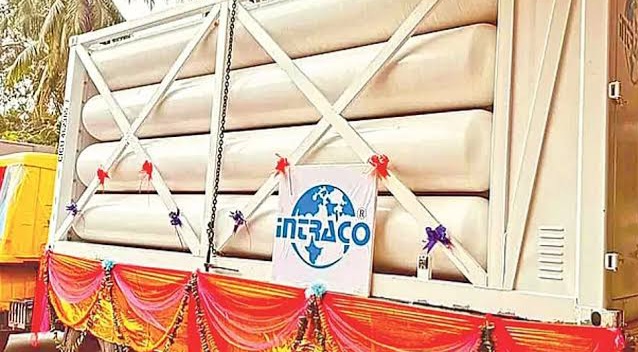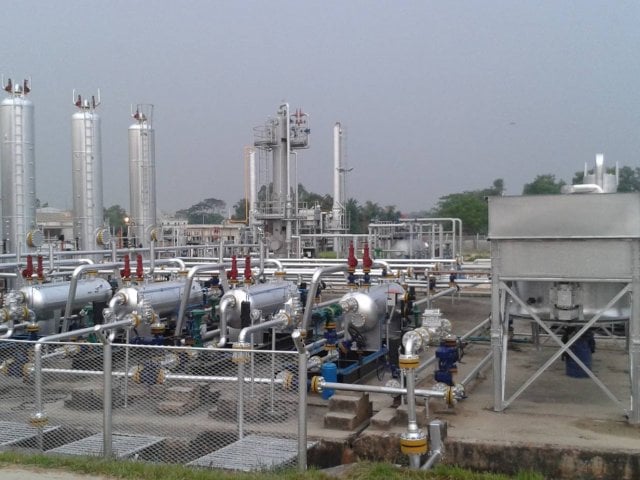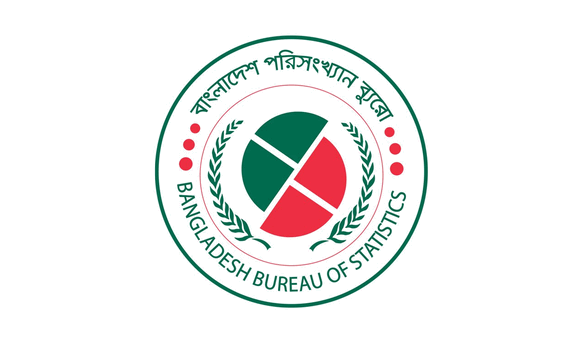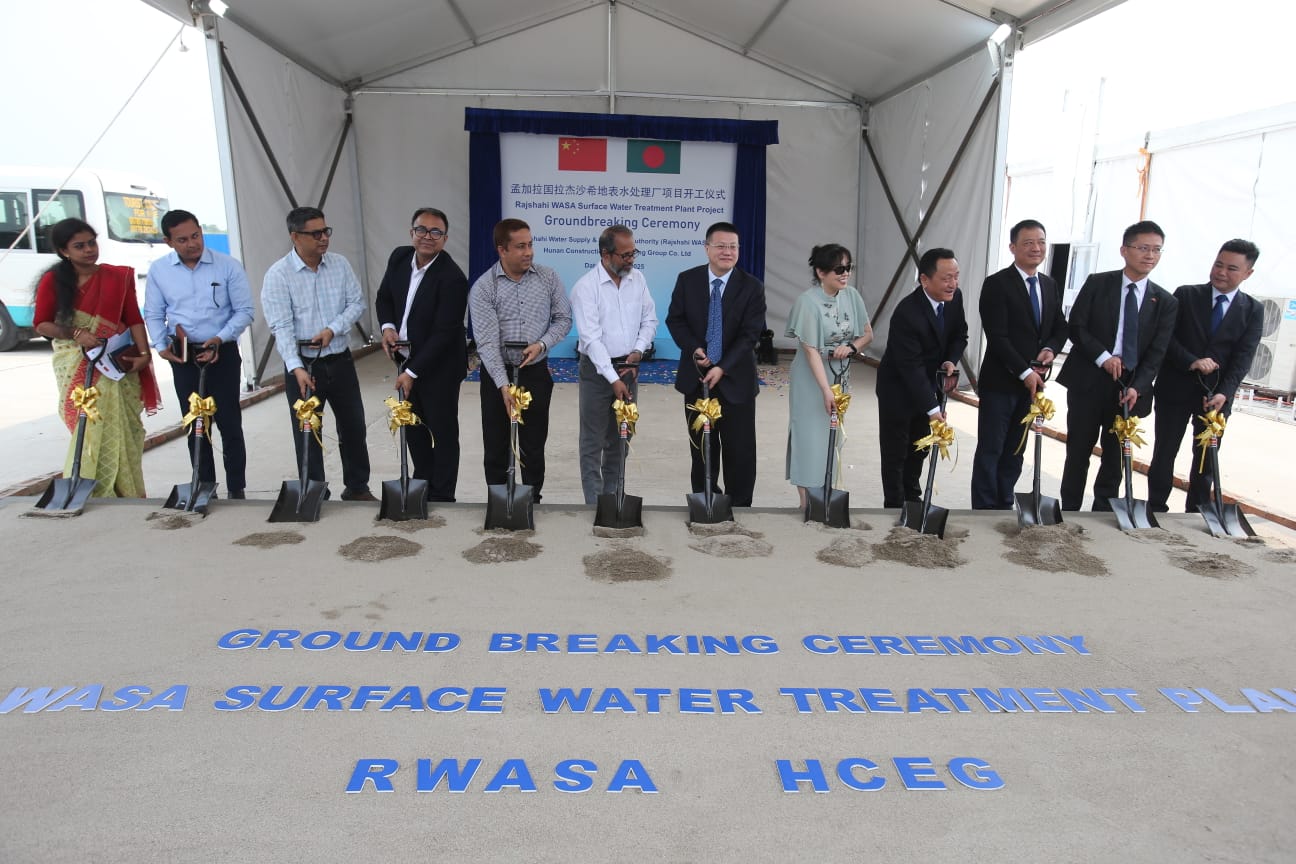
Gas supply from Bhola to key industrial zones has been halted for nearly ten days due to local protests, disrupting production in 13 factories across Dhaka, Gazipur, Manikganj, and Munshiganj. The shortage is forcing factories to use expensive alternative fuels, increasing production costs and causing delivery delays.
Under a government agreement, Intraco Refueling Station Ltd had been transporting gas from Bhola via special road and river routes to areas not connected to the national pipeline. However, local residents in Bhola have been demanding the establishment of gas-based industries and household gas connections in the region. As part of their protest, they blocked several Intraco transport vehicles on April 18 and 19, leading to a complete suspension of gas deliveries.
Md Golam Mostafa, Head of Supply Chain at Fakir Fashions in Narayanganj, said the company used to receive 17,000 cubic meters of gas daily. “Now we’re losing nearly Tk 1 million per day and are forced to use costly air freight to meet deadlines,” he added. Al-Muslim Group’s Deputy Manager, Md Zahidul Islam, reported that their production cost has doubled. “Titas Gas is already inadequate. Without Intraco’s supply, we’re forced to rely on diesel,” he said.
ACI Salt in Narayanganj also reported a 30–40% drop in production, stating that alternative fuels aren’t a viable option. Delays have begun to affect the company’s market reputation.
In response to the crisis, a high-level meeting between the protesters and Energy Adviser Muhammad Fouzul Kabir Khan is scheduled in Dhaka in hopes of resolving the issue.
Intraco’s General Manager, Commander (Retd.) Abu Sayeed, stated that the company had been supplying about 3 million cubic feet of CNG daily and is now unable to meet urgent demand. He emphasized that the operations were conducted under government contracts, often with little or no profit.
Bhola holds 2.4 trillion cubic feet of natural gas, with over 120 million cubic feet going unused daily due to the lack of a national pipeline connection. While national demand exceeds 4,000 million cubic feet per day, current supply reaches only about 2,700 million, highlighting the urgency of utilizing Bhola’s surplus.
As discussions continue, stakeholders remain hopeful for a swift resolution to prevent further industrial losses and stabilize the country’s fragile energy supply.








